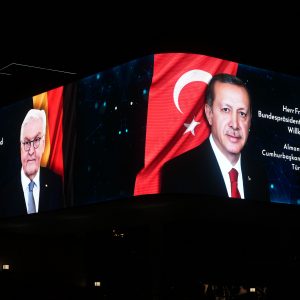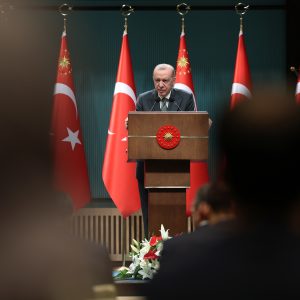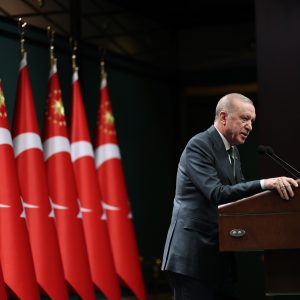Malaysia condemns ‘weaponization’ of communication devices amid Lebanon casualties
ISTANBUL (AA) – Malaysia has condemned the weaponization of communication devices amid explosions in Lebanon which killed at least 32 people in two days.
Expressing “grave concern” over explosions of pager devices, Malaysia’s Foreign Ministry said such incidents “undermine Lebanon’s security, stability and sovereignty.”
At least 32 people were killed and more than 3,250 injured on Tuesday and Wednesday in wireless device explosions that targeted thousands of pagers and Icom wireless units used by members of the Lebanese resistance group Hezbollah and medics across Lebanon, according to the Health Ministry.
“Malaysia stands in solidarity with Lebanon in this crisis and will work with the international community to defuse and de-escalate the already tense situation,” said the ministry in a statement.
Israel has not commented on the blasts, condemned as an act of terrorism worldwide. Unconfirmed reports say the devices had explosives implanted inside them.
The blasts came amid mounting border escalation between Israel and Hezbollah, which have been engaged in cross-border warfare since the start of Tel Aviv’s deadly onslaught against the Gaza Strip, which has killed more than 41,000 people, mostly women and children, since October 7.
Icom, a Japanese firm, Thursday said it had stopped producing and exporting the model of walkie-talkies which exploded in Lebanon while Taiwanese firm Gold Apollo on Wednesday denied making pager devices that exploded in Lebanon.
It said the pagers that exploded in Lebanon were manufactured by BAC Consulting KFT, based in Budapest, the capital of Hungary.
However, the government in Budapest said the devices that exploded in Lebanon “have never been in Hungary.”












